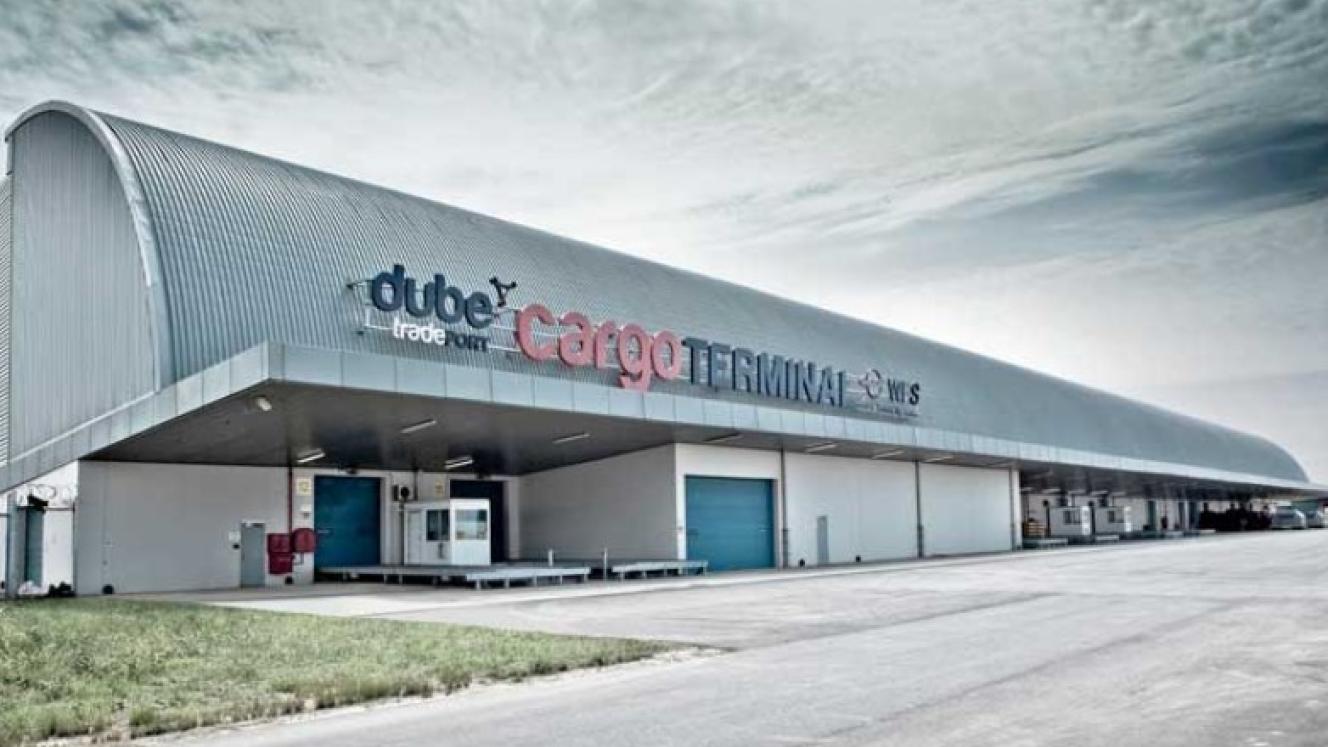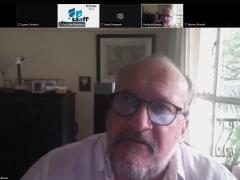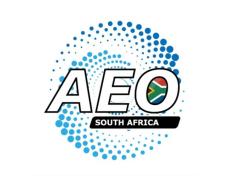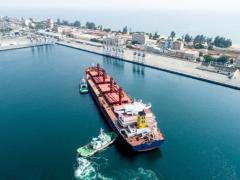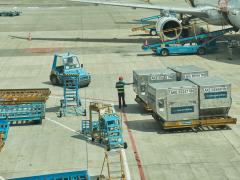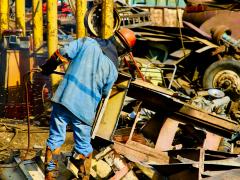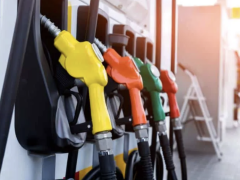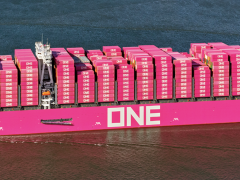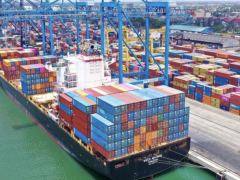South Africa’s Border Management Authority (BMA) has officially stated that it is not responsible for the control of dangerous goods (DG) tankers at a privately run truck park on South Africa’s N11 Copperbelt corridor into Botswana.
This is in spite of the Groblersbrug Border Post and the holding area, Northern View Truck Services, falling within the BMA’s statutory law enforcement zone of 10 kilometres.
The BMA’s position, it seems, is that it’s mandated to concentrate its resources within the actual control zone of the border, a responsibility that was demonstrated over the last week by a clampdown on corruption at the N1 Beitbridge crossing into Zimbabwe.
Yet, at Groblersbrug, transporters who are avoiding the North-South Corridor running through Zimbabwe, preferring the longer Copperbelt bypass through Botswana, are crying out for help from the BMA and the Cross-Border Road Transport Agency (C-BRTA).
Because of capacity constraints, long-distance trucks continued to queue on the N11 heading north-west, and the void created by decisive law enforcement and traffic control had been filled by the ‘driver mafia’, said Mike Fitzmaurice of the Transit Assistance Bureau (Transist).
Since at least October, when a spike in demand for sulphuric acid on the Copperbelt resulted in more hazardous chemicals (Hazchem) going through Groblersbrug, various road freight experts have warned that the random marshalling of trucks is a serious risk issue.
Transist members, especially, have cautioned that general cargo trucks shouldn’t be kept en masse in holding areas set aside for DG tankers.
“The Groblersbrug port management committee is committed to ensuring smooth clearance of travellers and cargo crossing through the port and working together with all stakeholders in the port environment,” said BMA deputy commissioner of Marketing and Communications, Mmemme Mogotsi.
Delays and “challenges” related to queues of trucks had been “noted”, she added.
“The truck park operation near the port is independently owned and we are collaborating on efforts to address the long queues. We are continuously engaging and our mandate is to ensure compliance along the N11 corridor, working collaboratively with truck park owners, with whom we continue to maintain a positive and cooperative relationship.”
Compliance, such as only arriving with pre-cleared cargo, remained a focus of the BMA, said Mogotsi.
“Furthermore, working closely with our counterparts from Botswana, we have jointly agreed to prioritise the clearance of dangerous goods, and we are pleased to note that the flow of traffic is improving steadily.”
Improved movement of cargo has also been cited by Simon Ditshego, deputy commissioner of Law Enforcement at the C-BRTA.
“The congestion at Groblersbrug was caused by the Customs system, which has been resolved.”
On Wednesday the queue had reduced to 1.9km, said Ditshego.
“Dangerous goods vehicles are monitored and inspected by cross-border road inspectors for compliance. It is important to note that C-BRTA inspectors deploy on an ad hoc basis but work collaboratively with other stakeholders, like border guards of the BMA.
“There is very limited physical space on the approach to the border and if trucks do not go to the truck parks, it becomes a massive challenge to ensure separation between DG tankers and general cargo rigs.”
He also used the same government excuse as Mogotsi, saying truck parks were privately owned.
“Truck-park owners are responsible to ensure that all safety measures and demarcations are in place to separate the dangerous goods and normal cargo.”
But this was not being done, said Fitzmaurice.
“There is no separation. Drivers park where they like. Both the BMA and C-BRTA will only tell you what they want you to know and it will never implicate them in any wrongdoing.”
Personnel deployments were dependent on available capacity and resources, said Ditshego.
According to Fitzmaurice, it has become a daily occurrence that the government simply lacks the ability to adequately control the border, creating a situation for driver vigilantism and related profit-taking to flourish.

